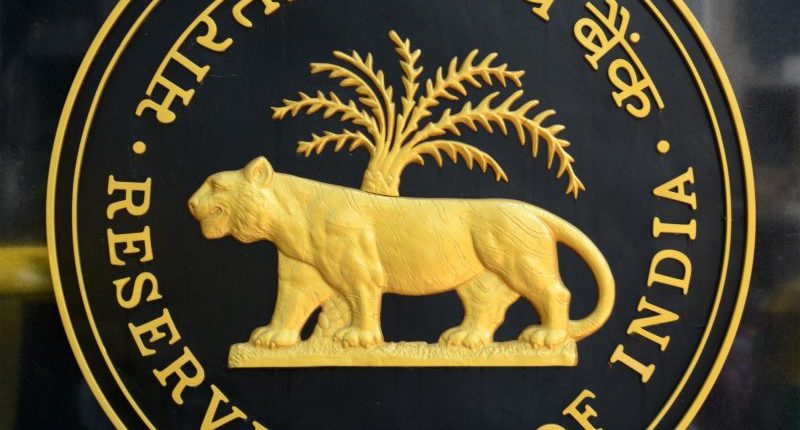The Reserve Bank of India (RBI) has allowed banks to issue RuPay Prepaid Forex cards in India for use at PoS machines, ATMs and online merchants overseas. The RBI governor stated that the RuPay Prepaid Forex cards launch is aligned with the vision to expand the acceptance and reach of RuPay cards globally.
Additionally, RuPay credit, debit and prepaid cards will be allowed to be used globally and issued in foreign countries, including India. These actions would increase RuPay cards’ acceptance and accessibility throughout the world. The RBI governor made these announcements in the bi-monthly policy review on 8 June 2023.
How do Forex cards work?
Usually, Prepaid Forex cardholders must load their cards with one or multiple foreign currencies and can use them interchangeably in various countries. It is a card that can be used as a payment method. Cardholders can use it to withdraw funds from an ATM, shop at their nearest merchant and for online purchases like recharging or purchasing goods from online merchants or booking railway tickets.
What are the charges of a Forex card?
A prepaid Forex card is usually loaded with funds online upfront. Some firms may charge a nominal fee, while many others offer it free of cost. However, the exchange rate used to purchase forex for the card is higher than the Interbank Exchange Rates (IBR) since it covers the operating costs. Thus, cardholders must check the margin charged by the issuer for IBR.
Benefits of Forex cards
With Forex cards, the exchange rates are locked since they are preloaded. It is a safe option to use abroad. They protect cardholders from rate fluctuations and volatility. They also do not incur additional foreign exchange markup fees when used within the same currency jurisdiction they have been loaded.
Forex cards or credit/debit cards
Many credit/debit cards issued in India have international acceptance. These cards are usually given via global networks, such as Mastercard and Visa. Currently, an individual can use RuPay Global cards for International transactions. However, individuals can use such cards at Discover, JCB ATM, Diners Club, Pulse and UnionPay. Credit cards are widely accepted and convenient, but they levy a forex markup and TCS at 20% (applicable from 1 July 2023) on spends of more than Rs.7 lakh in foreign currency transactions. Hence, a Forex card saves individuals from the high markup fees levied on international credit and debit cards.
For any clarifications/feedback on the topic, please contact the writer at mayashree.acharya@clear.in

I am an Advocate by profession. I interpret laws and put them in simple words. I love to explore and try new things in life.





